We talked to a large number of migrants and refugees in refugee camps and we volunteered a little. As we have been already dealing with this topic and had a great responsibility, we wanted to get to know the refugees better
Serbian film director, Stefan Arsenijević, talked about his new movie ,,Strahinja Banović’’, about working with refugees, a famous Serbian epic poem and about future projects that might include TV format.
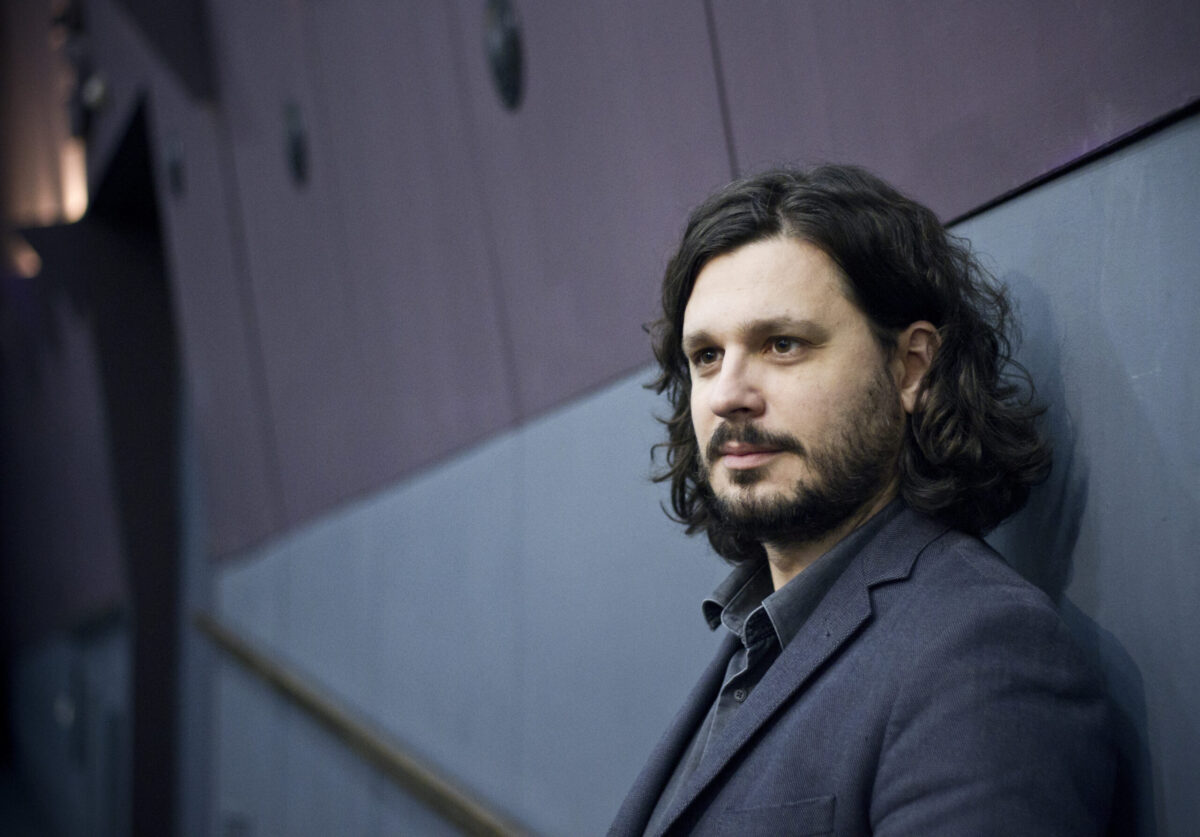
Which films or directors shaped your film taste and subsequently influenced your work?
When our film Strahinja Banović opened FEST this year, I remembered that exactly 30 years ago (1992) I came to this festival for the very first time. I remembered all the films I watched then and the ones that left a strong impression on me and film directors that today are considered iconic. In 1992, it was Srdjan Karanović and his film ‘Virdžina’ that opened the festival that year. Only a few years later, he became my professor at the faculty and to this day an important friend and role model when it comes to film. Films like Barton Fink, directors like the Cohen brothers, Pedro Almodovar’s High Heels, Ridley Scott’s Thelma and Louise, Jarmusch’s Night on Earth, Lars von Trier’s Europe, Delicatessen with that twisted iconography of Jean-Pierre Jeunet, and Gus Van Sant’s My Private Idaho were the films that were showcased at the 1991 FEST. No, when you look at them, these are iconic examples of filmmaking by directors whose films accompanied my growing up and shaped my thinking since my teenage days. They brought something new to film expression. I was lucky enough to get involved in global cinema through FEST at the very moment when some of these film authors were creating their first great works.
Did that taste change at a later date? When you went to college, did he lean more towards American or European film?
I have always gravitated towards Europe and independent American film. In that sense, Jarmusch was one of those sacrosanct directors who approach the characters and the narrative from their angle and give themselves the right not to do the expected things. Somehow I have always been interested in an element of surprise in the film but I also felt that European film was my base. I’m not saying that I don’t like Hollywood, especially then, but today everything has turned into film adaptations that I like less. However, the independent American film, with Jarmusch and Hal Hartley at its helm, is something that suits me best along with European films. All these American independent directors later made their last films in Europe with the money they earned in America. So, an author-focused film, which is not part of the mainstream industry and does not have the scheme to follow to achieve success, is already examining this world from a very personal point of view. That’s something that excites me.
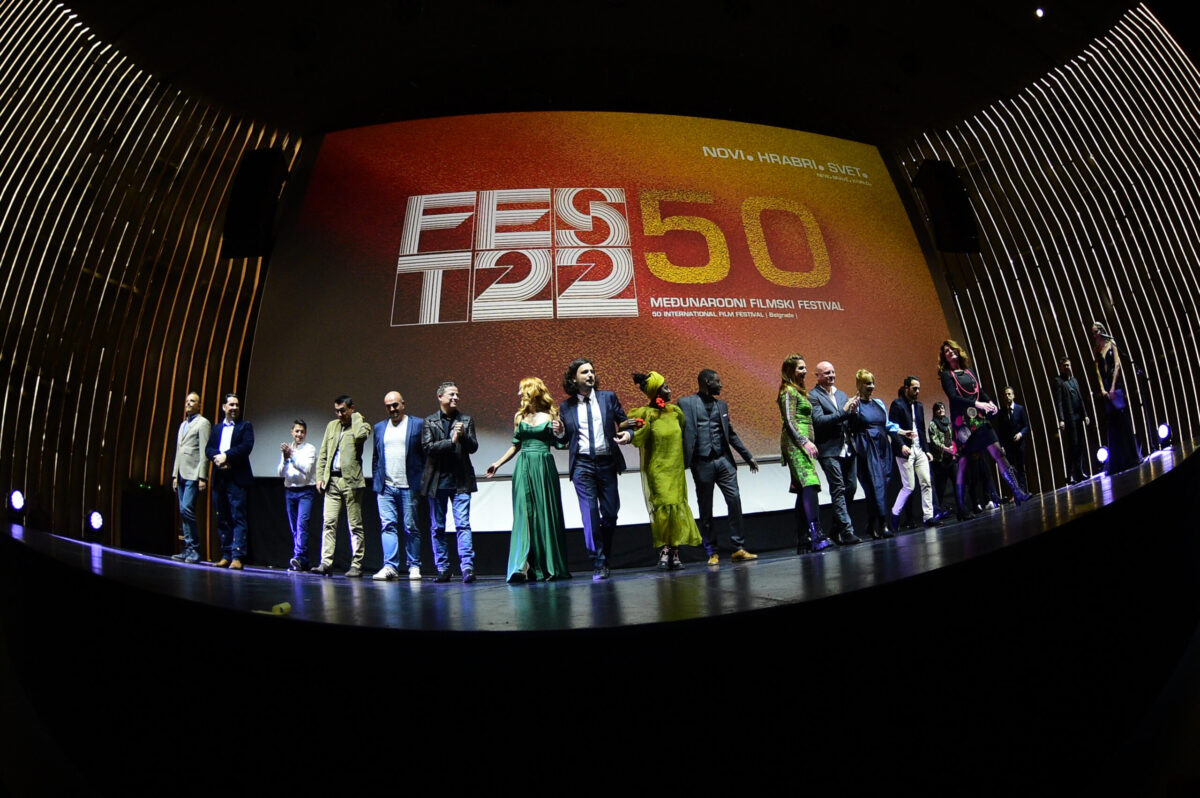
If you have time for all the impressions from so many guest appearances and travels to settle, could you tell us how did you like the reaction of the local audience to your new film? How did the viewers react to FEST?
I am very pleased with their reaction and, truth be told, I was very nervous too. In addition to the premiere in Karlovy Vary, which was the first time the film met the audience, it was an equally important thing for the film to meet with the local audience, which is always quite particular, especially when it comes to this film and can read and understand it in a different way than foreign audiences cannot. First of all, there is the issue of using the Banović Strahinja poem, which is something that everyone feels as it belongs to them. Everyone has read it in elementary school and has their own vision of what it should look like. I was at all six screenings during FEST and it was important for me to see the audience, feel their reactions and talk to them afterwards. This is significant for a film author. My impression is that we managed to intrigue the local audience.
Why did you choose African economic migrants for the main characters in the film and not migrants from war-torn areas?
When we started to deal with that topic, three screenwriters Bojan Vuletić, Nikola Dukroj, the French screenwriter and I carried out extensive research. We talked to a large number of migrants and refugees in refugee camps and we volunteered a little. As we have been already dealing with this topic and had a great responsibility, we wanted to get to know the refugees better. We realized that there are a lot of people like us – educated, middle class, speak English well. It was interesting to see when volunteers came to us in front of the refugee counter in Šid and offered medical help and refreshments because they thought we were migrants.
“Independent American film, with Jarmusch and Hal Hartley at its helm, is something that suits me best along with European films”
We acted like that because they are like us, and it was very important for me to demonstrate exactly that. I had a feeling that they were just treated as statistics in the media and that there were very few personal stories. We also noticed the differences between them. For instance, economic refugees find it much harder to go further than those from the war zone, and this is also something that we covered in the film. It seemed more interesting to us to present people who are in a more difficult situation in terms of refugee treatment. Why would only one group of refugees be entitled to asylum? None of them would have left their homes if they didn’t have to.
That’s how we chose African migrants as the main characters – he is from Mali and she is from Ghana. As we wanted to stay as true as possible to our presentation, the actors that played Serbs came from the countries that Serbs usually come from. Even extras are real migrants. We had two casting directors, one in Europe and one in Africa, but for the sake of authenticity, we made an agreement with several refugee camps in Serbia and offered migrants to star in the film, as well as to point out possible mistakes in the film.
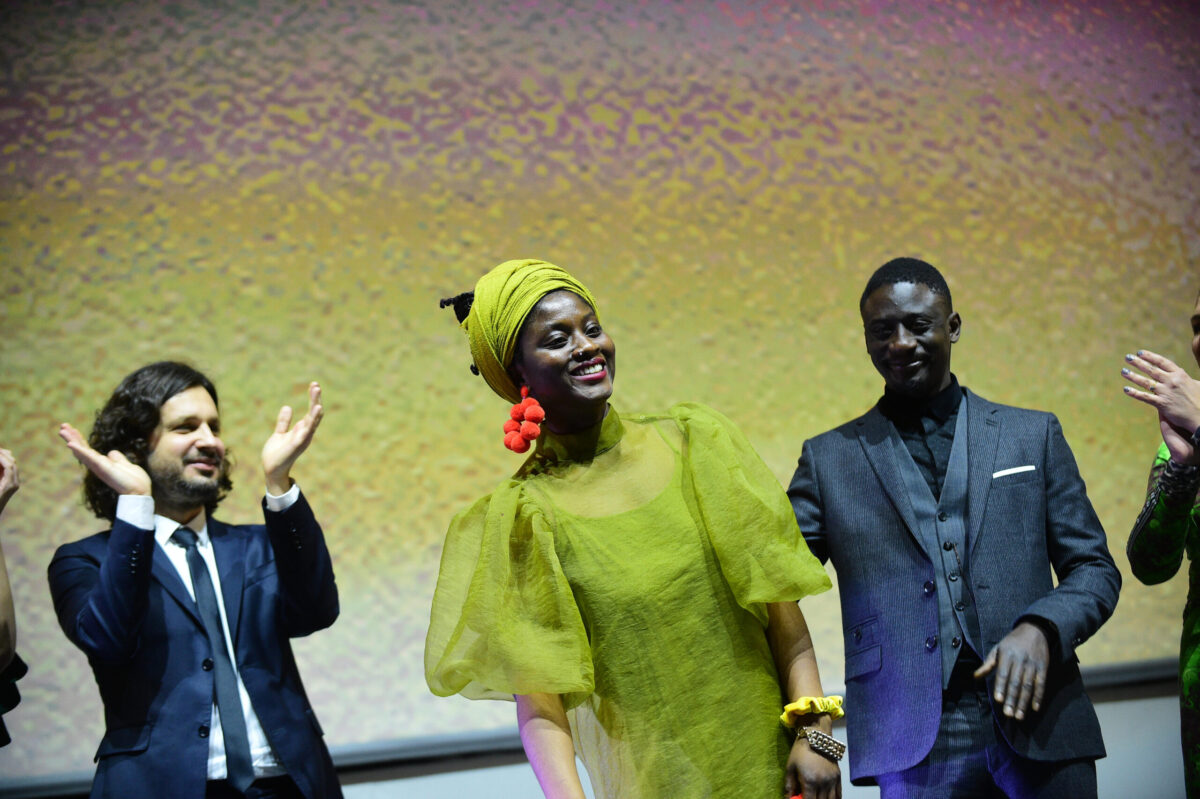
How did the idea to connect the migrant theme with the Serbian epic poem, that is Banović Strahinja, come about?
This project has been on my mind for a long time. Films with that theme have already started to be made, and I was thinking about a modern adaptation of that poem. So, those two projects merged. Why shouldn’t these migrants, who are future Europeans, or want to stay in Belgrade (we met a few of those at the camp too), be the heroes of the contemporary adaptation of Banović Strahinja? Everything just clicked very naturally, and we wrote that script relatively quickly. We had already invested a lot in research, we had a script for a film with a taxi driver as a character who would transport migrants, and the soundtrack was already there. Thus, the idea of dedicating an entire film to a hero taxi driver who transports migrants was reduced to just one segment of the film, which, albeit, leaves a strong impression on the audience. I noticed that their reactions were very emotional and I would also like to thank Nebojša Dugalić, a big format actor to whom I will always be grateful for agreeing to be in this film.
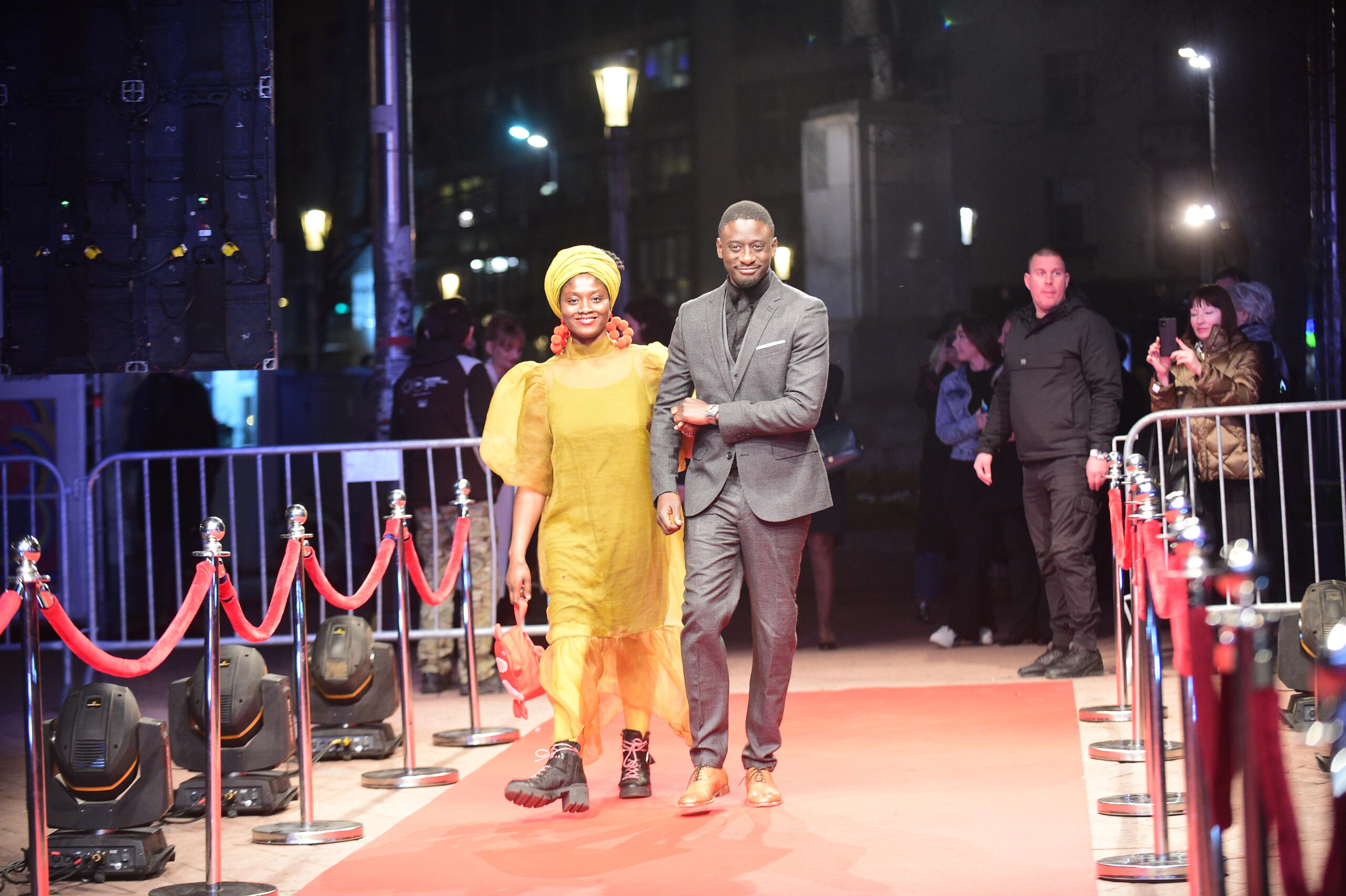
Why did you exactly choose that poem? There aren’t many films in our country that are currently covering epic themes.
We have a very important and abundant heritage in folk epic poetry. We all know from school that both Goethe and Europe at that time admired romanticism and that poems were translated. It makes you wonder why they had never been turned into a film. Films that cover this topic that I know of are Mimica’s Banović Strahinja (1982) and Mića Popović’s Hasanaginica. One might think that such a legacy would make a great template for movies. In the meantime, we have an Indian film inspired by Marko Kraljević – a hidden treasure in plain sight. Banović Strahinja is a very special poem with its ethics, its beauty that deals with female infidelity in the Middle Ages, long before Anna Karenina.
“Epic poetry is not something that will be the further focus of my work, but this poem was definitely special and I wanted to explore it”
This poem understands, and deals with empathy and understanding others, and even multicultural dialogue, because some characters cannot function at the national camp level, rather they function at the level of their individuality and have their own moral compass and their own opinion. They forge relationships that have nothing to do with nations. This seemed very exciting when we started and is still relevant and important. Epic poetry is not something that will be the further focus of my work, but this poem was definitely special and I wanted to explore it. We must engage with our heritage and our heritage is not just something you read in your textbook, but something that should be alive and current even today. Both Shakespeare, whose works are constantly being adapted, and this poem have that kind of potential.
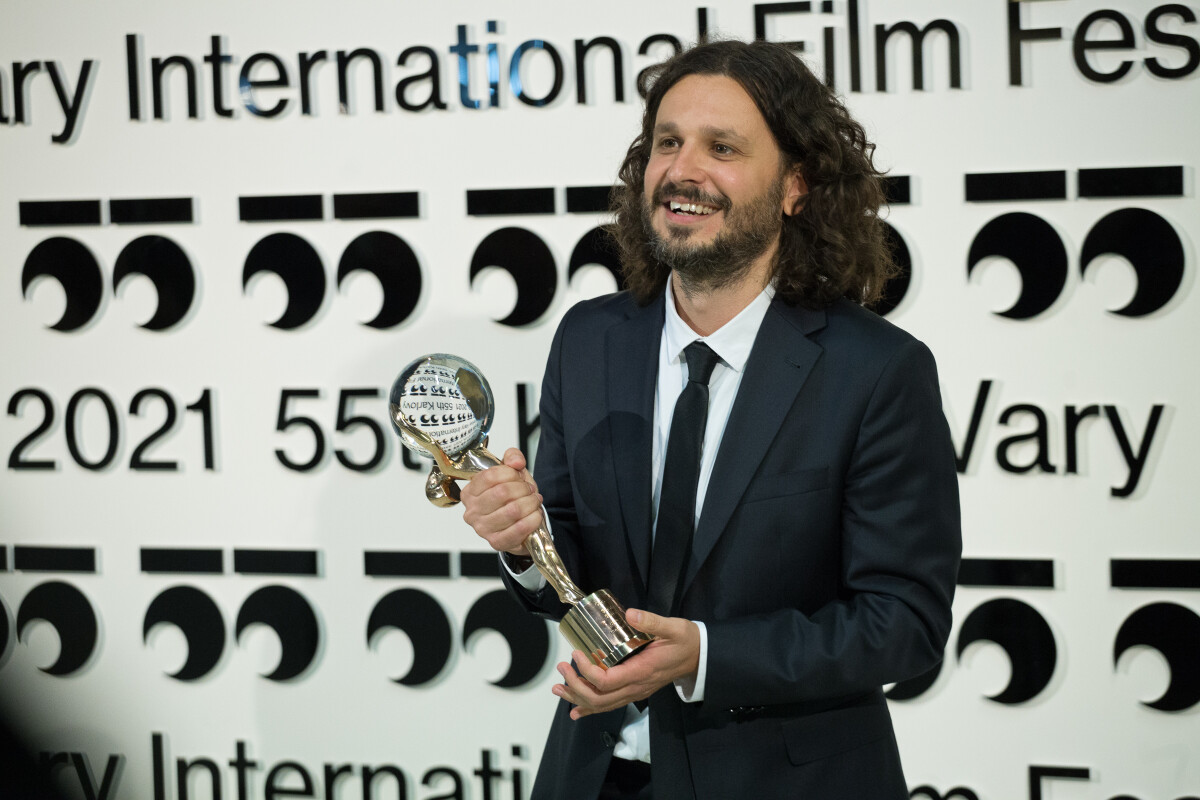
Did you think about making something for TV or a mini-series considering that we currently have a hyper-production of such content? What are your plans?
I have a few ideas that are still in their infancy and have yet to be developed. All of them are taking place outside of Belgrade. I have thought about such formats and I have already started to put them on paper. I also need to do a series and I think that current developments in that TV format are just fantastic. There are so many possibilities – creating a much more complex world that seems to last enough for the characters to change many times over. Also, I like the idea that this stretches across several seasons and that the viewers would keep coming back to watch these actors and characters over and over again. That would be absolutely wonderful. When a film is finished, there are festivals where we usually meet. We really like seeing each other and working together. A series could make that possible.